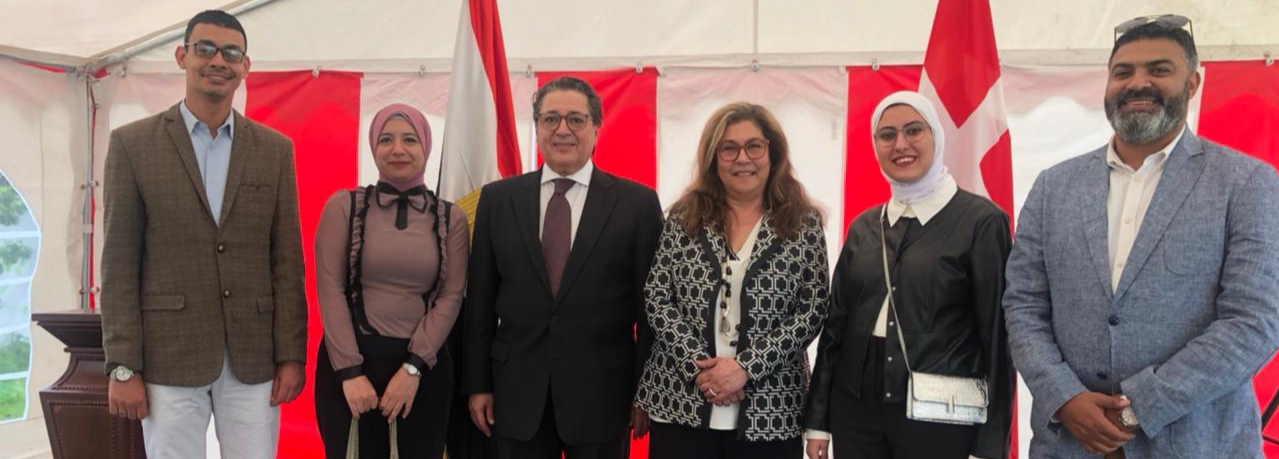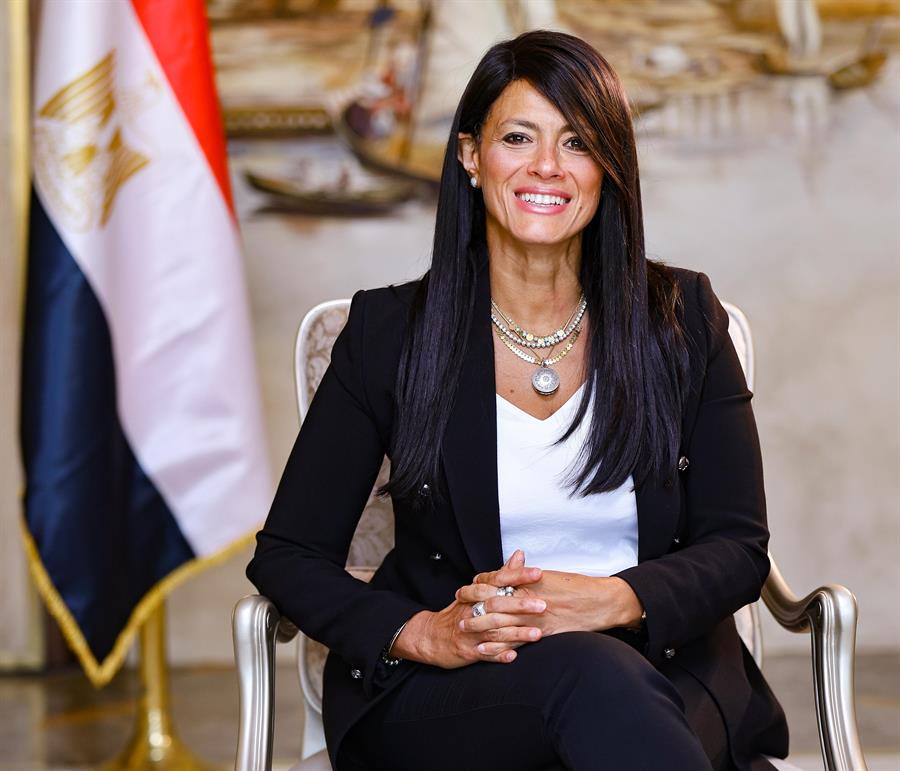Planning Ministry Delegation concludes scholarship on “Equal Gender Opportunities” in Denmark

30 July 2021
A delegation represents Egypt’s Ministry of Planning and Economic Development and the National Institute for Governance and Sustainable Development (NIGSD) - the training arm of the ministry concluded intensive scholarship on "Equal Gender Opportunities" in the Kingdom of Denmark.
This coincided with the return of air traffic with some countries and the resumption of scholarships abroad.
Dr. Hala El-Said, Minister of Planning and Economic Development and Chairwoman of the Board of NIGSD stressed the importance of training and developing the capabilities of employees to prepare them to meet the requirements of current jobs, as well as develop their skills to meet future needs.
El-Said pointed out that training is an important step that enhances the trainees' capabilities and contributes to preparing human cadres capable of meeting work needs.
For her part, Dr. Sherifa El-Sherif, Executive Director of the National Institute for Governance and Sustainable Development (NIGSD), said that the scholarship comes within the framework of cooperation between the Institute and the Danida Fellowship Center of the Danish Ministry of Foreign Affairs.
El-Sherif explained that the scholarship included studying some topics, including gender equality, international efforts and agreements to empower women and provide opportunities for all, and steps to formulate an Action Plan to accelerate gender equality.
The delegation of the Ministry and NIGSD indicated that an action plan was presented during the training program on activating equal opportunities units within the state's administrative apparatus to promote the dissemination of a culture of equality and control practices within the workplace.
The delegation of the Ministry of Planning and Economic Development and NIGSD included Ms. Amira Hossam, Assistant Minister of Planning for Sustainable Development Affairs, Ms. Nermin Sadek, Project Manager at the Equal Opportunities Unit at the Ministry, Mr. Amr Nabil, and Director of the Institutional Governance Unit at NIGSD, and Mr. Nader Nour, Director of NIGSD’s Communication Unit.
It is worth noting that Mr. Ayman El Kaffas, the Ambassador of Egypt to Denmark, hosted the delegation of the Ministry of Planning and Economic Development; at his residence in Copenhagen to celebrate the Egyptian National Day.









